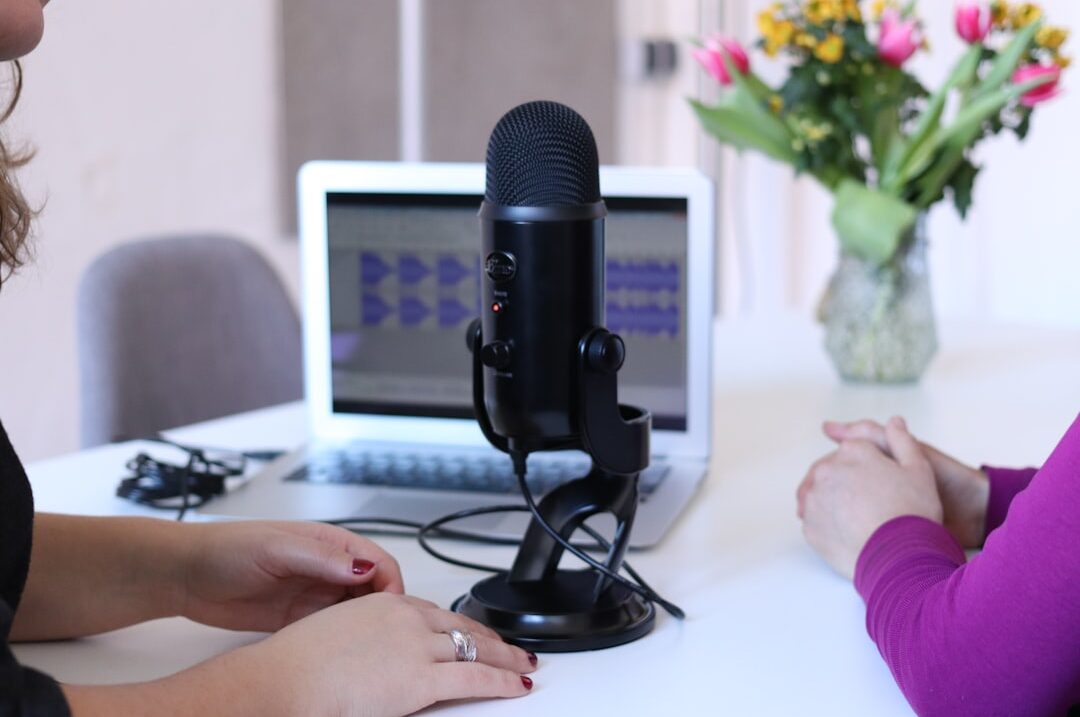Crisis Communication Interview Questions: Handle Pressure with Confidence (2025 Guide)


Ace Your Crisis Communication Interview with Huru
Practice unlimited mock interviews with Huru’s AI-powered platform. Get instant feedback on your answers, communication style, and more—so you show up confident, polished, and ready for anything.
Start Practicing for Free
Understanding the High-Stakes Nature of Crisis Communication Interviews
Crisis communication interviews are unlike any other. Employers want proof that you can remain calm, think strategically, and communicate clearly—even when the heat is on. In 2025, companies are increasingly focused on candidates who can navigate complex media landscapes, manage misinformation, and protect organizational reputation in real-time.
According to top industry sources, interviewers are seeking candidates who:
- Demonstrate real-world crisis management experience
- Offer strategic, up-to-date perspectives on stakeholder engagement and social media
- Showcase skills in handling sensitive situations, misinformation, and rapid decision-making
- Leverage technology—including AI—for real-time analysis and feedback
Preparation is non-negotiable. Let’s break down what matters most and how you can stand out.

Essential Crisis Communication Interview Questions for 2025
Your interview will likely feature a mix of behavioral, situational, and technical questions. Here are the most frequently asked—and most important to prepare for—this year:
- How do you define and identify a crisis in a business context?
- Share a recent example where you managed a crisis successfully. What was your process?
- How do you ensure messaging is consistent across all channels (including social media)?
- What strategies do you use to counter misinformation, rumors, or hostile media?
- How do you balance transparency with confidentiality when responding to stakeholders?
- Describe a time you had to make rapid decisions with incomplete information. How did you proceed?
- What is your process for post-crisis evaluation and continuous improvement?
- How do you train and prepare your team for handling crisis scenarios?
- What tools (including AI) do you use to monitor sentiment and measure communication effectiveness?
💡 Key Takeaway
Employers want more than theory—they want proof you can act decisively, communicate clearly, and protect their brand when it matters most. Prepare specific, measurable stories, and practice using real-time feedback tools like Huru.ai for an edge.
Real-World Examples: Winning Answers to Tough Questions
Standing out means giving answers that demonstrate real, measurable impact. Here are model responses to the most challenging crisis communication interview questions in 2025:
- Example: Crisis Identification
“In my last role, I identified a brewing social media backlash before it went viral by setting up keyword alerts and using sentiment analysis tools. We responded within hours, issued an honest statement, and launched a Q&A session for stakeholders. This reduced negative coverage by 40% within 48 hours.” - Example: Messaging Consistency
“I developed a central messaging hub using collaborative docs and briefed all spokespersons before any public comments. During a product recall, this ensured all media statements, social posts, and customer emails aligned, preventing confusion and enhancing trust.” - Example: Rapid Decision-Making
“During a data breach, we had incomplete information for several hours. I set up a crisis team call every 30 minutes to update our response based on the latest facts, and I communicated clearly with all departments about what we did and did not know, keeping the organization united and on-message.” - Example: Post-Crisis Evaluation
“After a high-profile crisis, I led a full debrief using analytics dashboards and stakeholder surveys. We identified what worked, where we fell short, and integrated these lessons into new playbooks and training modules for future incidents.”
Tip: Quantify your results, and explain your process clearly. Practice these scenarios using Huru’s AI-powered simulations to polish your delivery and get actionable feedback.
Cutting-Edge Tools & Techniques: What Interviewers Expect in 2025
Crisis communication is evolving—fast. Today’s best candidates harness advanced tools for monitoring, measurement, and practice. Top interviewers want to see:
- AI-Powered Feedback: Platforms like Huru.ai offer real-time analysis of your interview responses—helping you spot weaknesses and strengths instantly.
- Sentiment Analysis Tools: Use to gauge public perception and manage emerging issues proactively.
- Collaborative Communication Hubs: Ensure all teams have access to up-to-date messaging, reducing chaos.
- Scenario-Based Training: Regular practice with mock crisis scenarios and new media (from TikTok to internal communications) is now essential.
Insider advice: Don’t just list tools—explain how you use them to improve results. Employers value candidates who turn technology into impact.
💡 Key Takeaway
Stay ahead by mastering AI tools, social media, and real-time analytics. Practice interviews with instant feedback—Huru makes it free and easy.
Mastering High-Pressure Q&A: Behavioral & Situational Answers
Interviewers are trained to turn up the heat—expect rapid-fire follow-ups and curveball scenarios. Here’s how to master them:
- Use the STAR Method:
Situation, Task, Action, Result—structure every answer for clarity and impact. - Stay Composed (even if you don’t know): It’s okay to pause, ask for clarification, or outline your thought process aloud.
- Show Self-Awareness: Own your mistakes and explain what you learned. Growth mindset is key.
- Practice Verbal & Nonverbal Skills: Eye contact, tone, and body language matter. Record yourself or use AI tools for feedback.
- Prepare for the Unexpected: Know your crisis playbooks, but stay agile—crises rarely go by the book.
Try this: Practice with Huru’s unlimited interview simulations. You’ll receive instant, AI-powered feedback on your answers and delivery, making sure you perform your best under pressure.
Beyond the Interview: Building Unshakeable Confidence for Crisis Roles
Landing the job is just the start. Success in crisis communication means ongoing learning and practice. Here’s how to keep your edge:
- Stay Current: Follow thought leaders and emerging platforms. Executive communication is evolving—so should you.
- Practice Regularly: Use Huru’s unlimited practice feature to run new crisis scenarios and review your performance any time.
- Network Intentionally: Join professional groups and webinars; share and learn from case studies in crisis communication.
- Seek Feedback: Don’t wait for a real crisis—use instant feedback from tools like Huru to continually improve.
Explore more: If you’re aiming for related roles, see our guides on Management Consultant Interview Questions and Virtual Interview Anxiety for further strategies.
💡 Key Takeaway
Confidence is built, not born. Use every available tool—from AI-driven mock interviews to real-world networking—to sharpen your skills and stand out in crisis communication roles.
✍️ About the Author
Elias Oconnor is a seasoned content writer at Huru.ai, specializing in career development and interview mastery. With a passion for empowering job seekers, Elias delivers authoritative, actionable advice that transforms anxiety into confidence. Connect with Elias on Huru.ai.


 Jun 22,2024
Jun 22,2024  By Elias Oconnor
By Elias Oconnor